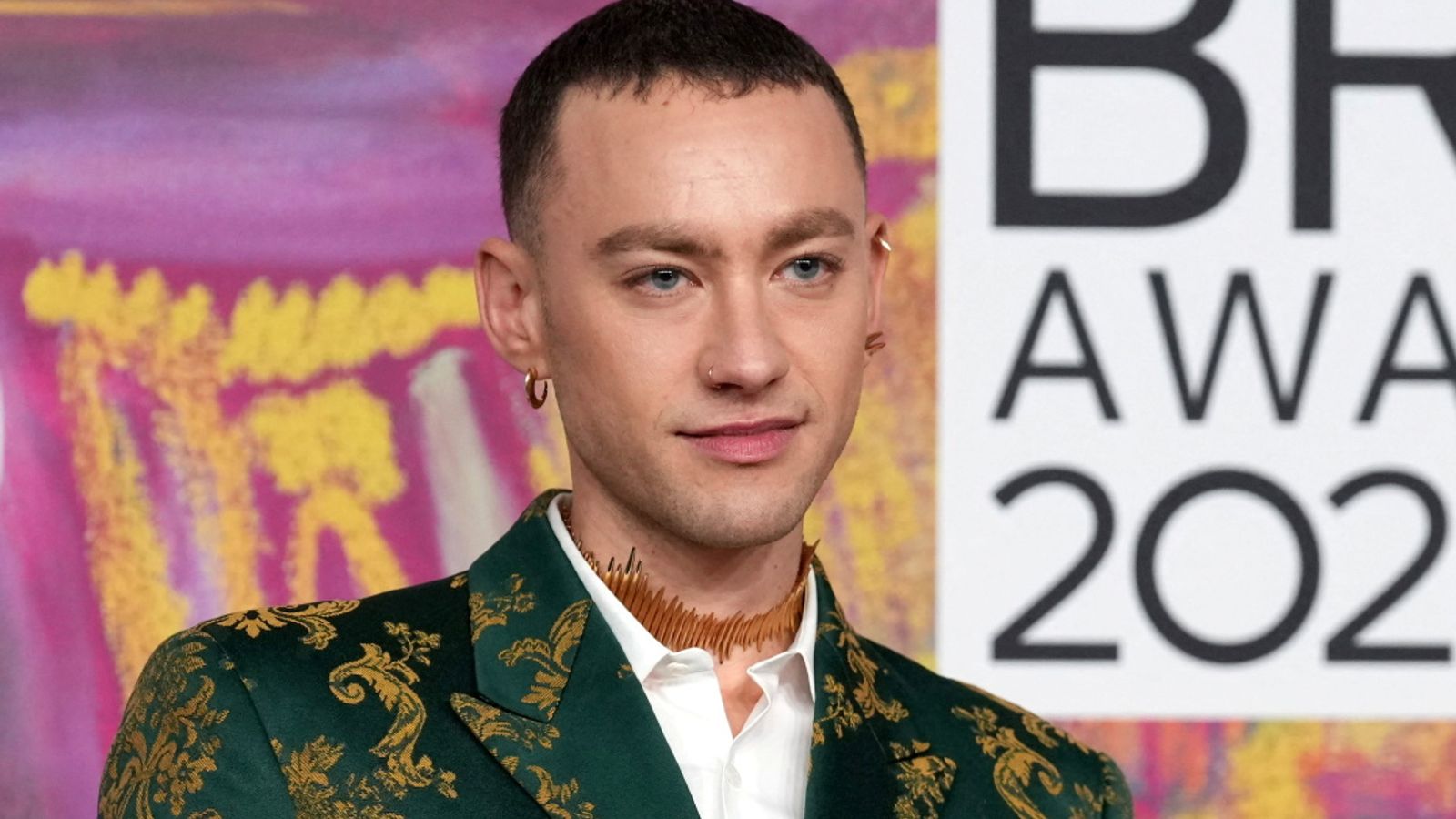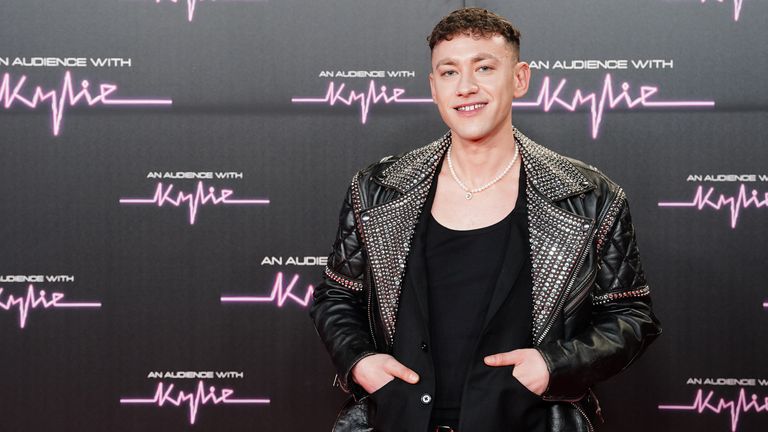
The UK’s Eurovision Song Contest representative has addressed “extreme” remarks from fans over Israel’s inclusion in the competition.
Olly Alexander was selected as this year’s representative for the UK for the popular singing competition.
It’s set to take place in Malmo, Sweden, next week but tens of thousands are expected to protest Israel’s involvement and its ongoing war in Gaza.
Alexander, the Years & Years singer, has found himself facing criticism from some who called for him to withdraw amid the ongoing war between Israel and Hamas.
Queers for Palestine circulated a letter, signed by thousands including actors Indya Moore, Brigette Lundy-Paine, and Maxine Peake calling for the It’s A Sin actor to pull out of the show.
In March, along with Irish hopeful Bambie Thug, Danish entrant Saba and other Eurovision artists, Alexander released a joint statement, backing “an immediate and lasting ceasefire” but refusing to boycott the event.
Now, speaking out in a new documentary which has followed the 33-year-old as he prepares for the show, he has described some of the comments he and other participants have faced as “very extreme”.
He said: “A lot of the contestants and myself have been having a lot of comments that are like ‘You are complicit in a genocide by taking part in Eurovision’ which is quite extreme. It’s very extreme.
“I understand where that sentiment is coming from but I think it’s not correct.
“It’s an incredibly complicated political situation, one that I’m not qualified to speak on.
“The backdrop to this is actual immense suffering. It’s a humanitarian crisis, a war.
“It just so happens there’s a song contest going on at the same time that I’m a part of.”
Speaking in the BBC’s documentary titled Olly Alexander’s Road To Eurovision ’24, he continued saying that people should boycott Eurovision if they didn’t feel comfortable watching and he respected their decision – but would be taking part himself.
He added: “My plan is to just focus on putting on a good performance in Malmo.
“My team, everyone’s worked so hard, and we’re in the final stretch now.”
Read more from Sky News:
Progress reported in Gaza ceasefire talks
Man charged over 1966 murder after DNA breakthrough
About 31,000 homes without water
Earlier in the week, Alexander broke down crying during an interview with The Times when discussing the pressure he had come under for participating in Eurovision.
He told the paper he knew a number of signatories of the petition against him, and none had reached out to him.
He said: “This is so much bigger than me and Eurovision, it really is. But, obviously, I wish there wasn’t a war or this insane humanitarian crisis.
“I wish for peace and I have found this experience, at times, extremely … I’ve just felt really sad and distressed.”
Speaking on Sky’s Sunday Morning with Trevor Phillips, deputy director general of the European Broadcasting Union who organises Eurovision, Jean Philip De Tender, defended Israel’s inclusion in the competition.
He said: “We do understand the concerns and deeply held views around the war in the Middle East.
“The song contest is a music event organised and co-produced by 37 public broadcasters, it’s not a competition between nations or governments.
“Our governing bodies reviewed the participation of Kan [Israel’s public broadcasting corporation] and found that they met all of the competing rules.”
Phillips pointed out incidences when Kan came under fire for their broadcasting.
This included, he said, when Kan published a video of children singing, in the public broadcaster’s own words, for the “annihilation of Gaza” and when one of their presenters was seen writing “I want to send the people of Gaza artillery shells”.
Mr De Tender said they had been in contact with Kan about the content they published and their editorial output, and had expressed concern on occasion.
He added that Eurovision had competition rules which they had to follow, and taking action beyond these rules to exclude Kan would have been a “political decision as such which we cannot take”.














